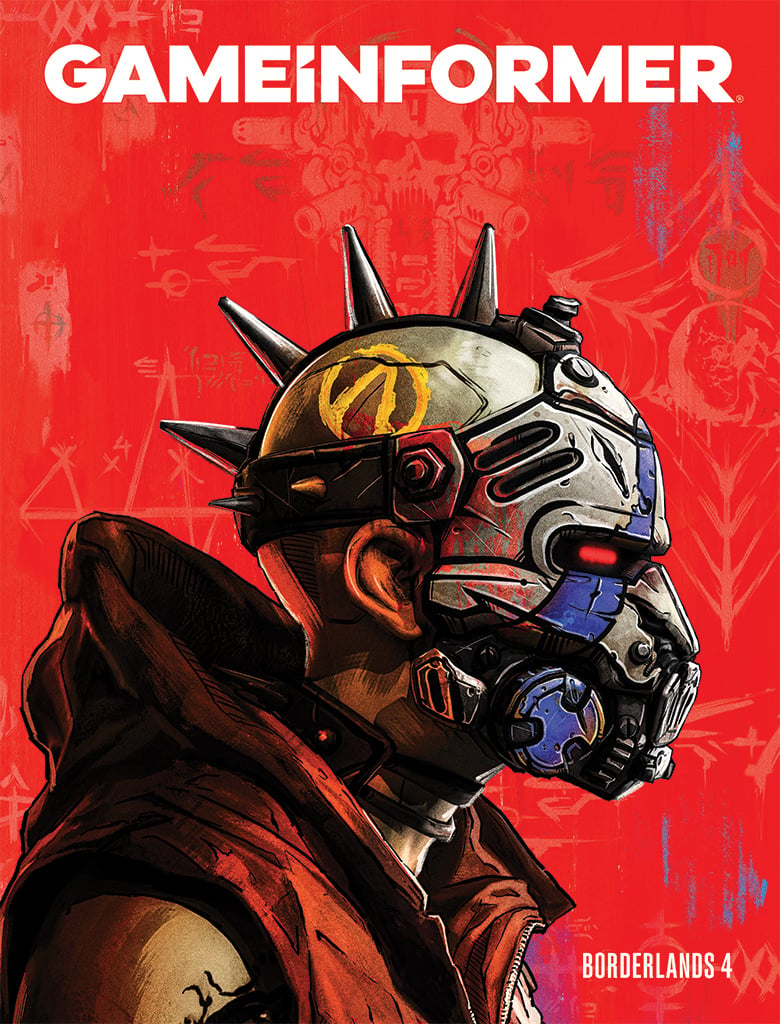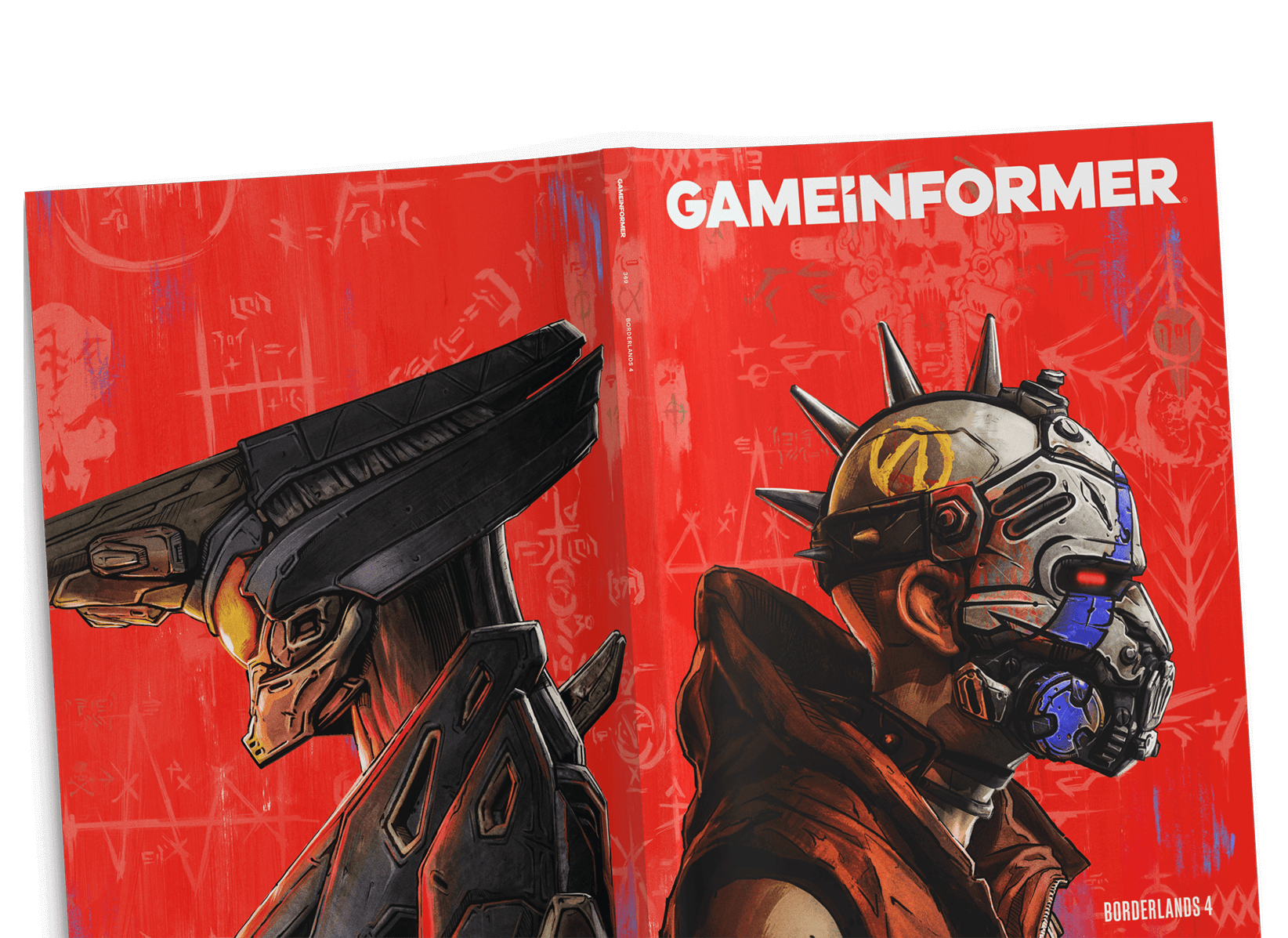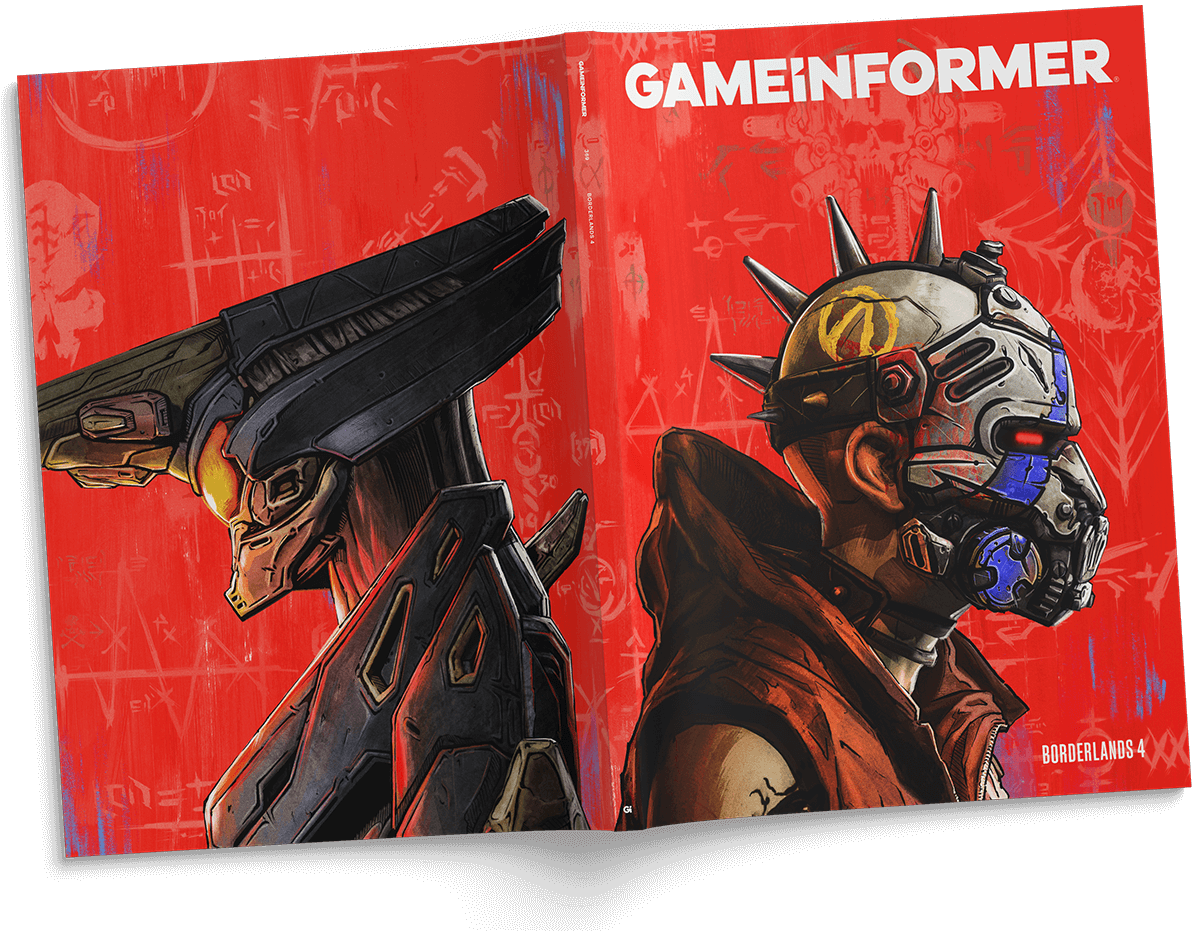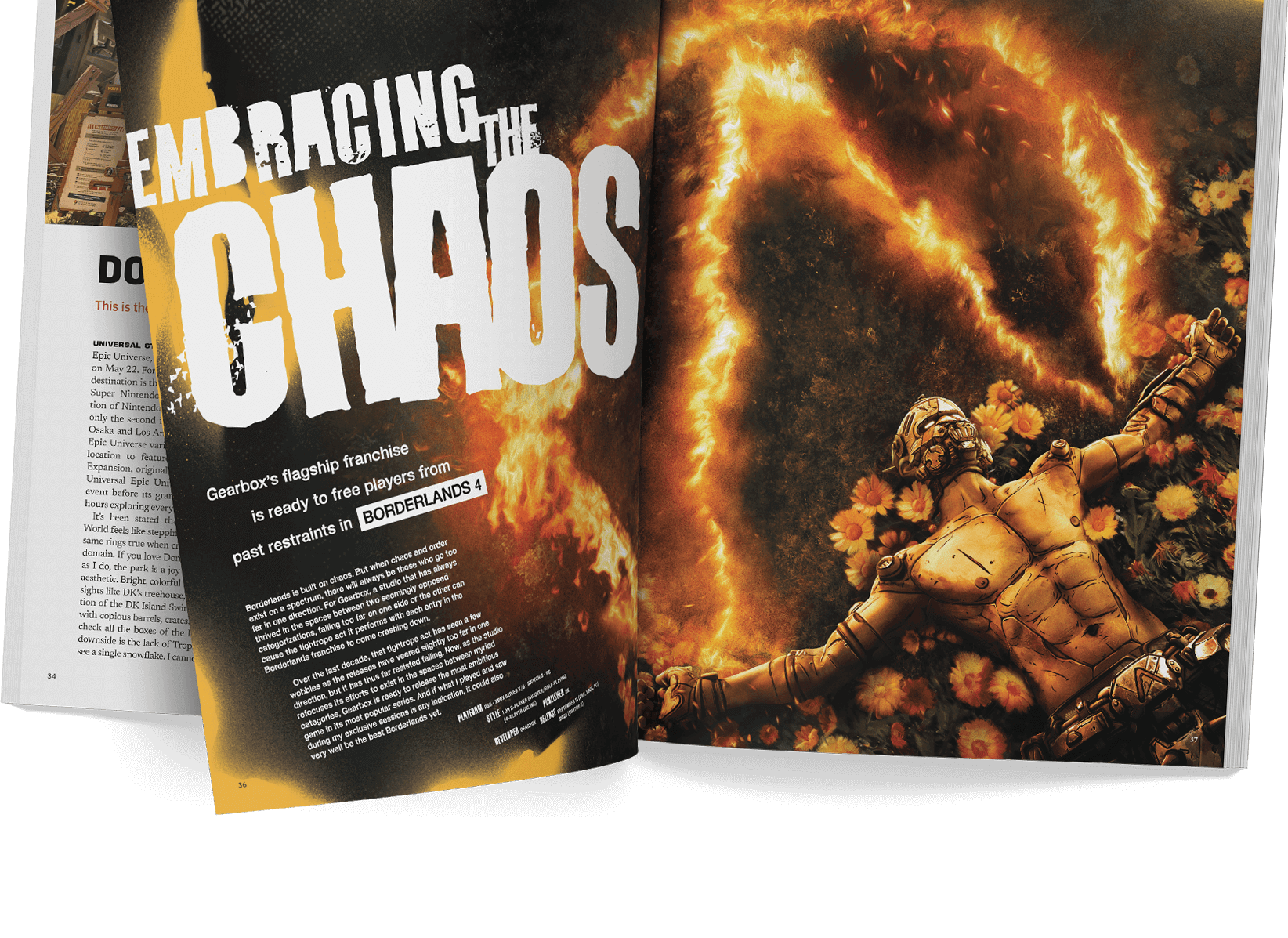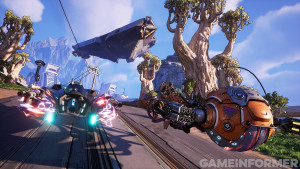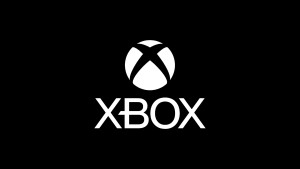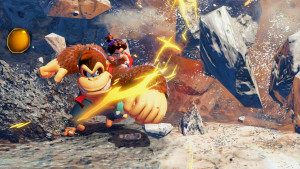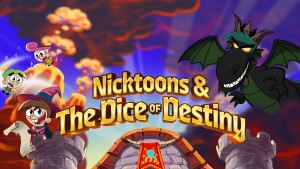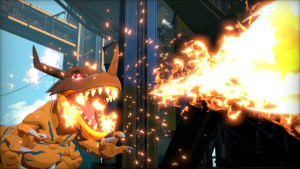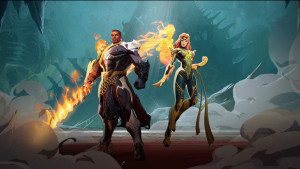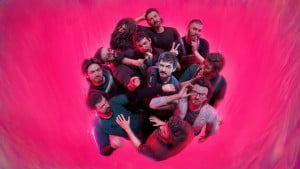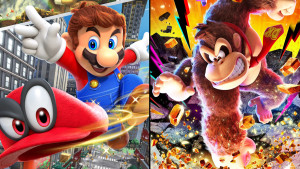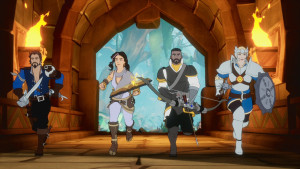Holiday Weekend Flash Sale! Subscribe Now
An Interview With Hideo Kojima
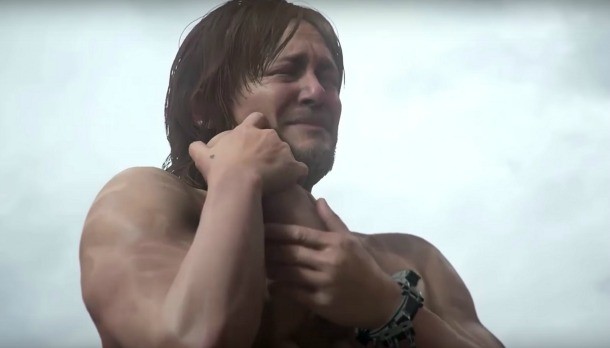
The newly formed Kojima Productions' first game, Death Stranding, debuted at Sony's E3 press conference a few days ago, and teased a concept that no one can quite figure out. Is it science fiction? Horror? Is it about life or death? It's a mystery that will likely leave us stumped for a while, as Hideo Kojima, the founder of the company and writer and director of the game, revealed in an interview with me earlier today that it's early in development.
Kojima also talked at length about the inspiration behind Death Stranding and Kojima Productions' current push to staff up.
I've had a lot of fun following you on Twitter the last couple of months. It seems like you're having the time of your life with your new company. How is life as an independent game developer treating you?
It hasn't changed that much over the last few years. I haven't been stuck in meetings anymore, and there's a lot of freedom, but for these past few years I've been making games, it's very much the same. Because of that, I have no fears. The one thing that is dangerous of going independent is that I don't get to deal with that many people anymore. That could limit my vision, so I'm trying to read as much as possible, and watch as many movies as possible, and try to go to different places.
One of the most interesting parts of you signing with Sony was watching you travel with Mark Cerny to different Sony development studios. What was the purpose of these visits? Were you getting to know Sony's culture, or were you perhaps looking at tech that would be available for development?
In December we announced our studio, and announced we were working with Sony for our first title. At that point, I already had a vision in mind, and I had to try to figure out how I would make it. In that regard, I was in search of an engine, and what tools would I use, and what services would be available to make it. The problem with that wasn't only the technology, but I had to find facilities, and put together a team. I was also studying what kind of environment [Sony] had, and what would be the best one for my team.
Where is the new Kojima Productions based, and how staffed up is your development team at this point?
While we finally settle into what will be our offices, we'll be in Tokyo and not America. In December, our staff was only four people, including myself. We arranged some temporary offices and had desks, chairs, my own computer, and that was it. From December we made the announcement, and we had a lot of people fortunately apply to work with us, and it's been a lot of interviews lately, but we were fortunate enough to make different tests for the game. For our teaser, we shot with Norman [Reedus] at the end of March, and in two months we were able to develop this. Now that this is announced, I hope and suspect more people will apply, and we'll turn it into something cool.
After the Sony press conference, we were discussing Death Stranding for hours and theorizing what it could be. Can you go into the inspiration behind the game?
There is this author that I'm a huge fan of named Kōbō Abe. One of his stories is called The Box Man. He wrote a short novel called Rope. I don't know if it has been translated to English. In this story, he states that the first tool mankind invented was the stick. The stick was invented to keep away bad and unpleasant things as a weapon. And the next thing mankind invented was the rope. Unlike the stick, the rope had [potential] to tie things close to you together.
Games nowadays are based mainly on sticks. You communicate and interact based on sticks punching or shooting or being used as weapons. Through cooperative and multiplayer you connect with other players through sticks. Now, in this game, you will be able to use sticks, but I also want people to use ropes to connect somehow. In the teaser, you can see crabs, whales, dolphins, handcuffs, and a baby with an umbilical cord. Those are connections. Connection is the theme of the whole game. The word "stranding" is a theme of the game. The name Death Stranding plays off key themes in the game.
How did you and Norman Reedus connect initially and for this project?
I wanted to work with him, and have been a fan of The Walking Dead. Going back to PT, I wanted to work with him on that. I tried to go to him directly. I don't like going through agencies. In this case, my friend Guillermo del Toro was also close with Norman, so he gave me his contact info and I got in touch with him. We just started work on PT and then he was sad about it [getting canceled] and the difficult circumstances back then, so we kept in touch. I talked to him again in February, and we made the decision to work together again. Toward the end of March we shot what we needed for this [trailer].
PT was being made with Reedus and del Toro. Were you considering reuniting the entire team and bringing del Toro on board?
I'm not working with Guillermo on this project, but we've always wanted to do something together. I don't know if that's going to be a game or a movie or a television show or a comic book, but we want to work together. With Guillermo, I discussed [Death Stranding] before signing with Sony, and said "I'm thinking of this project and working with Norman again" and he was happy, and thought it was a good idea.
Where are you guys at with Death Stranding? Is it still in the conceptual stage or are you in active development?
We're weighing our options for the engine. We are down to two candidates. One of the options was used to create this [trailer]. Because it's a new game, we want to do many tests first. As far as the imagery and the concept of what the world will look like, it's already settled. In between all of this, I'm trying to make the story and the characters and how it all comes together. We should settle on the engine soon, and at that point we'll move from tests to full development.
